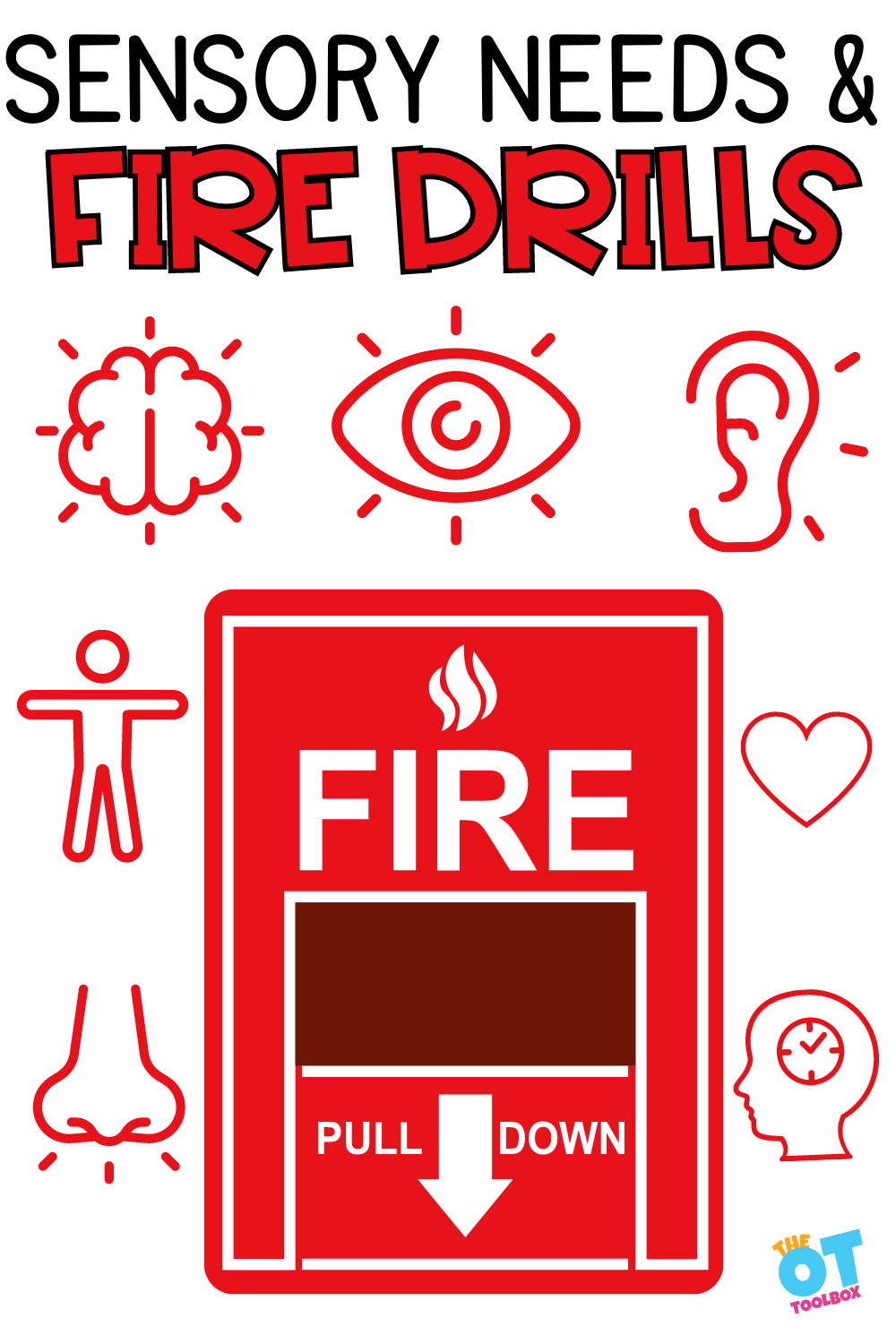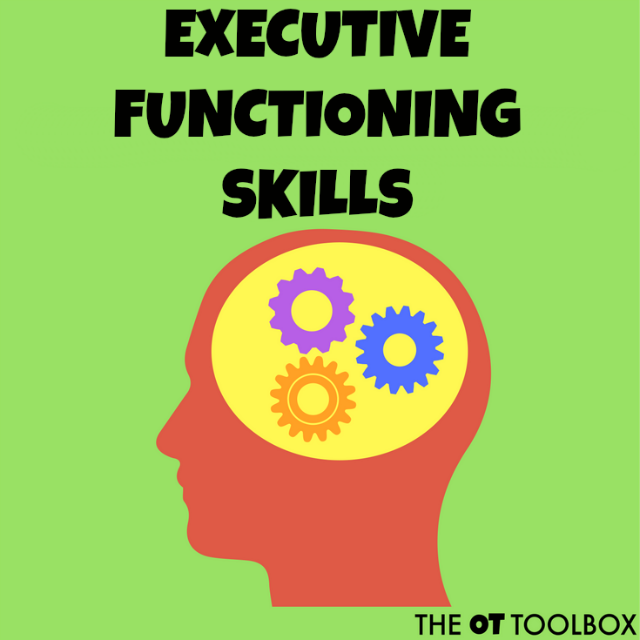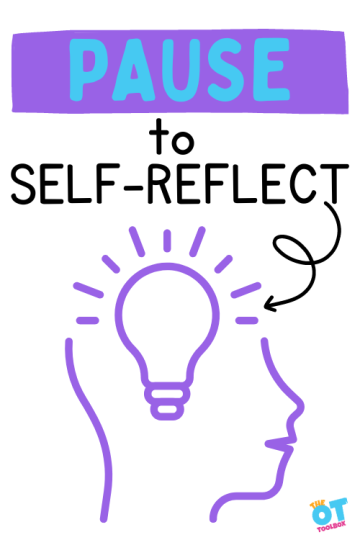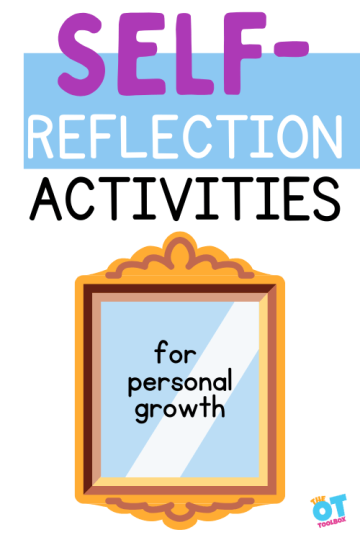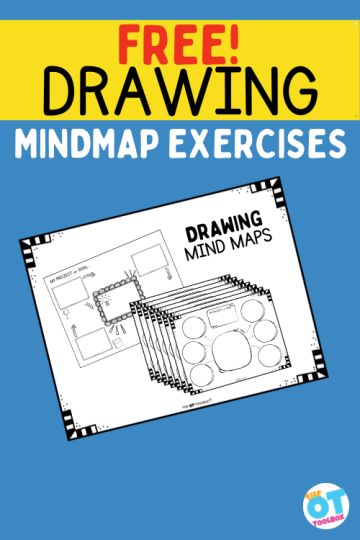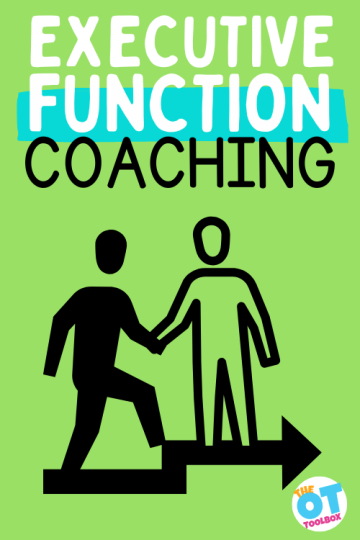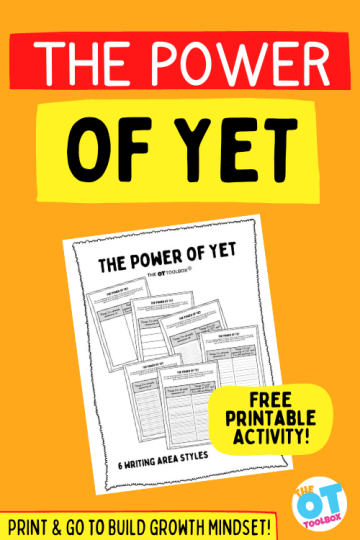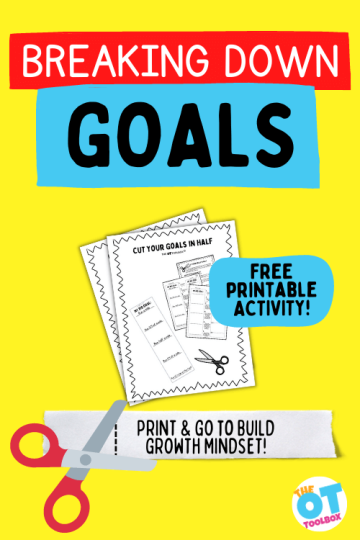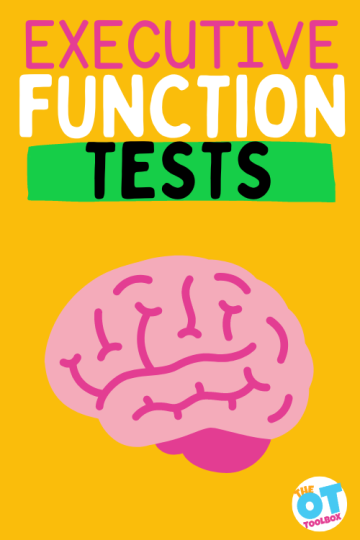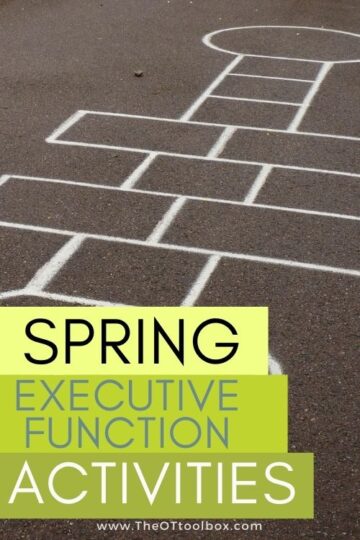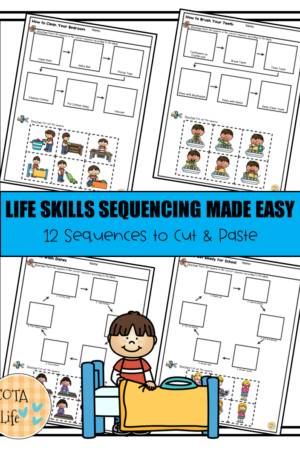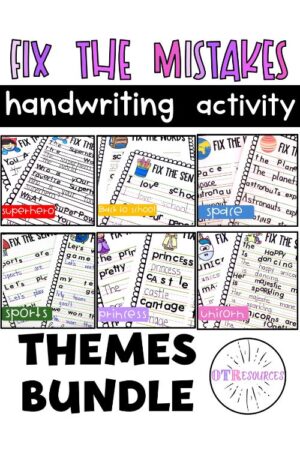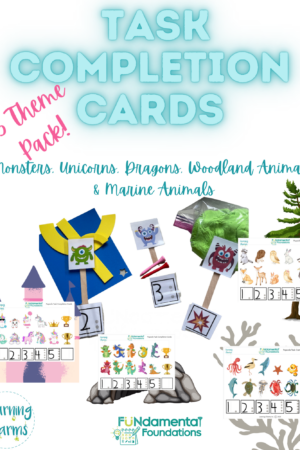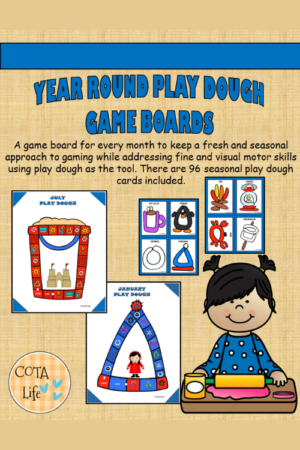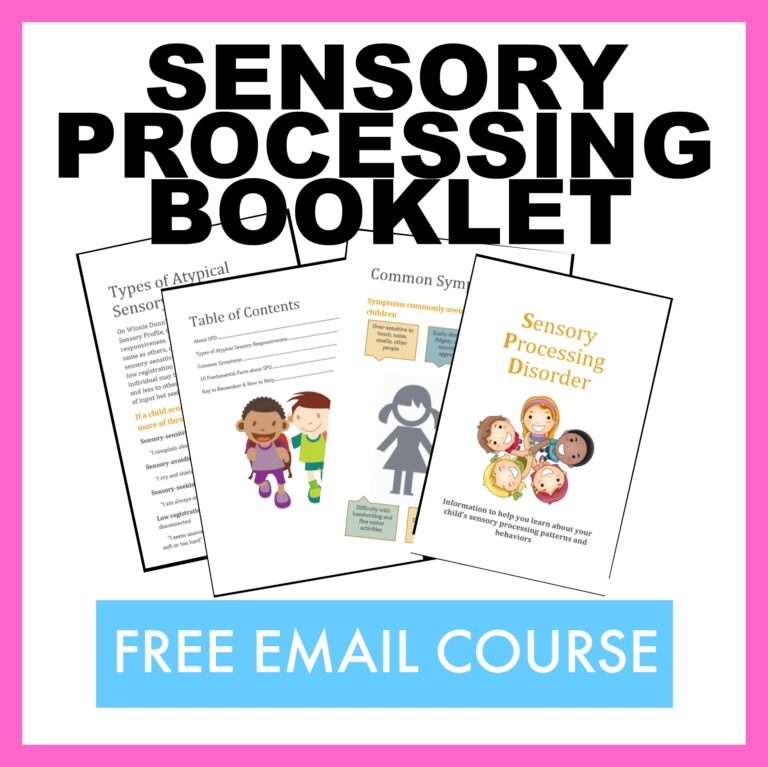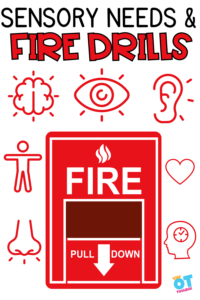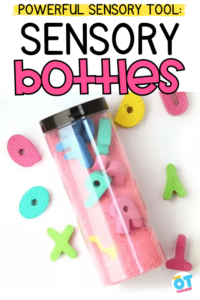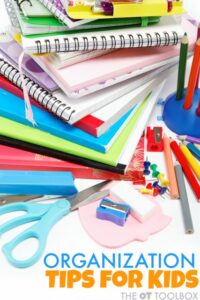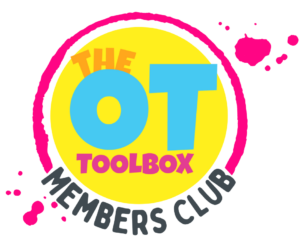Executive Function
So, what exactly is executive function?
EXPLORE Popular Topics
What do all these words mean?
Executive Functioning Skills guide everything we do. From making decisions, to staying on track with an activity, to planning and prioritizing a task. The ability to make a decision, plan it out, and act on it without being distracted is what allows us to accomplish the most mundane of tasks to the more complicated and multi-step actions. Children with executive functioning issues will suffer in a multitude of ways. Some kids have many deficits in EF and others fall behind in several or all areas. Everyone needs to develop and build executive functions as they grow. Functional adults may still be struggling with aspects of executive functioning skills. Executive dysfunction can interfere with independence and the ability to perform activities. The cognitive skills are an interconnected web of processing that allows for self-regulation, planning, organization, and memory.
Executive Functioning Skills
As a related resource, try these self-reflection activities for kids.
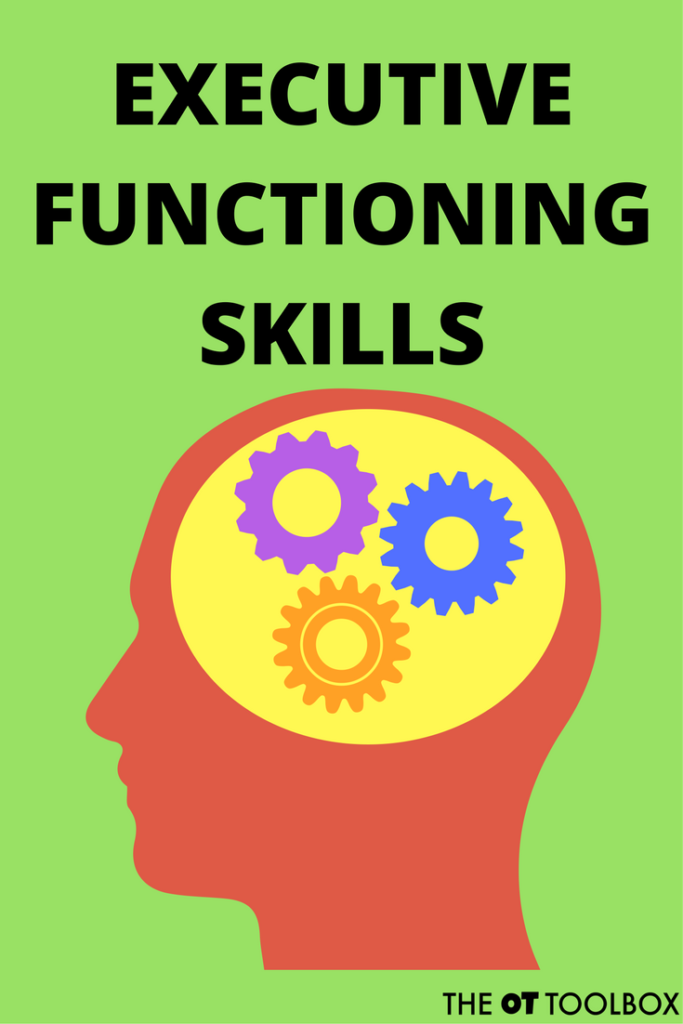
Executive Functioning Skills
Executive functioning skills development begins at a very early age.
Here are strategies to help the adult with executive function disorder. Many of these tips and strategies are great for teens as well.
What are executive functions?
You might be interested in games to help improve executive function skills.
Another area of interest to you might be the impact executive functioning skills have on handwriting.
Executive Functioning Skills:
Cognitive Flexibility
- Check for smooth changes in tasks.
- Tally number of errors.
- Record number of verbal prompts (“Are you all done?”), physical prompts (pointing, etc.)
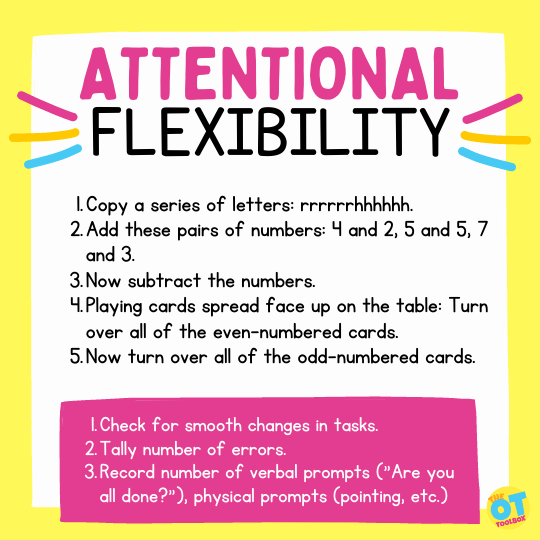
Executive function and handwriting
Executive functions are heavily dependent on attention. Read about the attention and executive functioning skill connection and the impact of attention on each of the executive functioning skills that children require and use every day.

